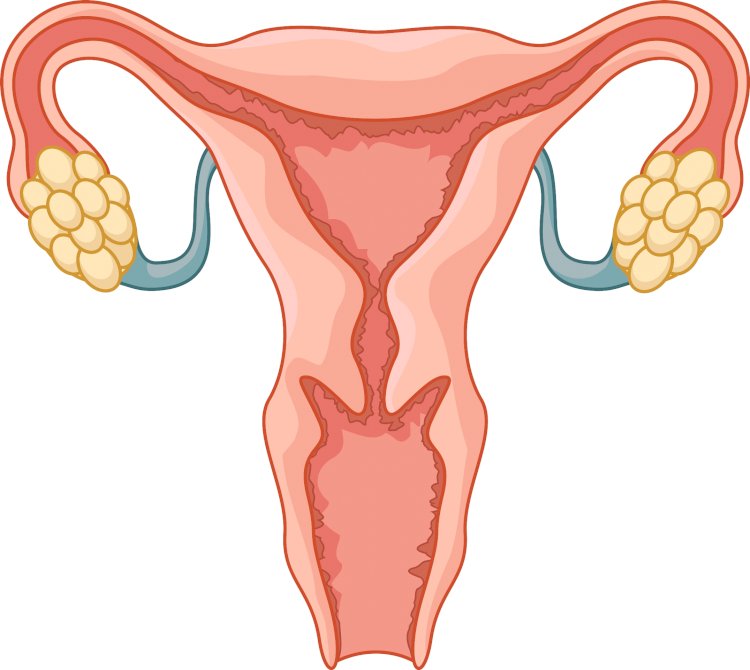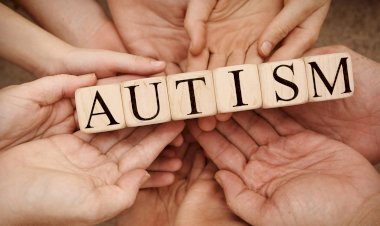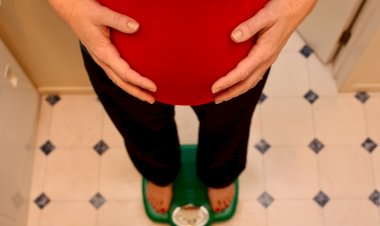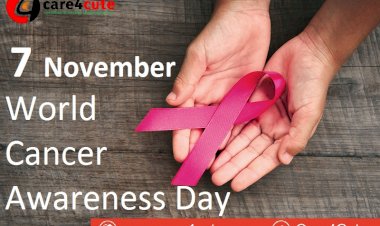Learn the unknown effects of Fibroid on fertility

Learn the unknown effects of Fibroid on fertility
Fibroids are tumors which are noncancerous by nature and grow in muscle tissues of uterus. Although, they commonly grow in uterine wall but can also grow outside the wall or even in uterine cavity. In fact, at single time women can have more than one fibroid. Fibroids are commonly known as uterine leiomyoma’s or myomas. The size of fibroids varies from time to time and they can be of pea-sized but can grow as large as basketball or melon. Though fibroids can grow drastically large, but large fibroids have a negative affect on functions of both uterus and its nearby organs. This is very true especially when multiple fibroids are there.
Fibroids can lead to infertility - Fibroids is a medical fact which most of the women have to suffer from during their lifetime. In fact, this can even lead to infertility and many other health related issues. Usually, development of fibroid occurs when women are in their thirties and forties. In past time, women belonging to this age would have a complete family. But, today most of the women have children in their later life. Due to this, it has become important that you should understand the relationship between infertility and fibroids as it can help you out in many ways. Fibroids can reduce infertility in many ways, some of them are -
Fibroids which change the shape of the cervix can affect a number of sperm that can enter the uterus.
Fibroids which block Fallopian tubes can make the journey of fertilized egg till implantation much difficult or almost impossible.
Fibroids that can change the shape of the uterus can decrease the number of places an embryo may successfully reduce uterine space or implant needed for development of an embryo.
Fibroids which can weaken lining of uterine cavity or decrease the supply of blood to growing embryo can lead to miscarriage.
Symptoms and signs of uterine fibroids - Fibroids can occur without any further symptoms or signs at all. But, they can cause a variety of signs which depend on their location, absence, the presence of complications or size such as degeneration or twisting. Some of the most common symptoms include heavy cylindrical bleeding with menstrual pain. Sometimes, when fibroid enters into uterine cavity can cause erosion of endometrial lining and also produce continuous or irregular bleeding. Sustained non-menstrual pain can point twisting of pedunculated fibroid which is attached to an outer or inner wall of degeneration or uterus. Some other possible symptoms are bladder irritability, painful bowel movement, rectal pressure, deep penetration while intercourse and constipation. If fibroid undergoes secondarily infected then in addition to pain, a patient will also have chills and fever.
Risk of fibroid on unborn baby - In case, if you are pregnant and have fibroids then you must be worried about the risk of fibroids on your unborn baby. Fibroids mostly lead to complications at the time of pregnancy. For example, large fibroid obstruct opening of uterus. In such scenario, doctors will have women deliver her baby via a process like C-section. In most of the case, fibroids do not pose a great risk on unborn baby which can lead to miscarriage.
Conclusion - Fibroid seems to have become one of the most common issues that many women have to go through. But, with proper care and seeking attention on time can help you in controlling before it gets too late.





































Comments (0)